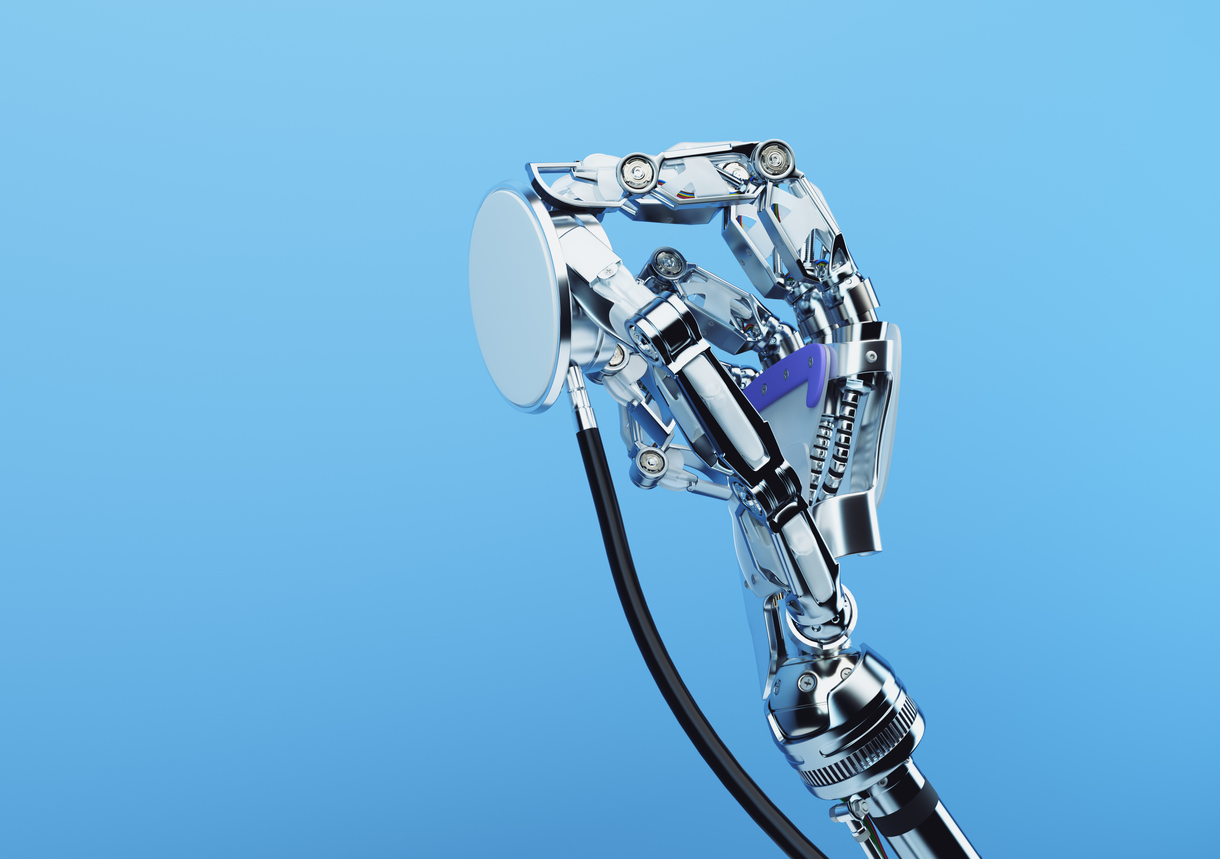Artificial intelligence and virtual nurses are spearheading a revolution in the healthcare industry by potentially reshaping patient engagement and healthcare delivery. The rapid advancement of AI technology generates both excitement and concern across various sectors where virtual medical assistants are becoming pivotal. AI-powered assistants not only have the capability to streamline administrative tasks but also to enhance patient interactions. Yet, a pressing question looms: can these AI-powered medical assistants fully replace virtual nurses in the healthcare landscape?
in this article, we will explore the capabilities of both AI and human virtual medical assistants to shed light on their respective strengths and limitations. We will examine their abilities in emotional intelligence and empathy, complex decision-making and critical thinking, adaptability to unique situations, ethical considerations and accountability, and the human touch and bedside manner. By understanding the unique qualities that each type of assistant brings to the table, we can better assess whether AI has the potential to fully replace Virtual human care.
Table of Contents
What is a Virtual Nurse?
A virtual nurse is a medical professional who engages with patients remotely, discussing their symptoms, providing vital healthcare advice, and even monitoring their progress all from afar. This approach to healthcare is a strategic move to lighten the load on bedside nurses, who often face high-stress environments and demanding workloads. By handling some of the routine check-ins and non-emergency consults virtually, virtual nurses enable traditional nurses to focus more on the in-person care that’s so crucial in critical cases and recovery pathways.
Emotional Connection
Effective patient care is grounded in empathy and emotional support. Virtual nurses excel in this area, using their emotional intelligence to connect with patients, understand their concerns, and adapt their communication styles to meet individual needs. They can build strong rapport and trust with patients, gaining a deep understanding of their medical history, preferences, and needs. They can also pick up on non-verbal cues, such as body language and facial expressions, which allows them to gauge a patient’s emotional state and provide appropriate support.
In contrast, AI-powered virtual assistants have yet to fully replicate this level of emotional intelligence. While they may be able to provide basic information and answer simple queries, they cannot truly empathize with patients and provide the same level of emotional support. Building trust and rapport with patients is a crucial aspect of healthcare, and human virtual assistants have the advantage in this regard.
Complex Decision-Making & Critical Thinking
AI excels at analyzing large quantities of medical data and can provide valuable insights. However, when it comes to complex decision-making and critical thinking, virtual nurses have the upper hand. Diagnosing medical conditions requires a nuanced approach that involves considering multiple factors beyond data analysis.
Virtual nurses can make informed decisions based on patient history, symptoms, and context. They can weigh various factors, such as prior medical conditions and external influences, to deliver effective care. They can also navigate uncertain or contradictory data by analyzing the complete clinical situation and balancing the merits and drawbacks of different interventions. AI, on the other hand, is limited by pre-programmed algorithms and has yet to reach the level of decision-making that human virtual assistants possess.
Adaptability to Unique Situations
In healthcare, there are often emergencies and unexpected circumstances that require quick thinking and adaptability. human virtual nurses are well-equipped to handle these situations, providing immediate guidance and support to patients and healthcare providers. They can accurately assess the severity of emergencies, identify the best course of action, and make crucial decisions to ensure patient safety.
AI-powered virtual assistants, however, are limited by their pre-programmed algorithms and may struggle to respond flexibly to unforeseen developments. They cannot collaborate with other healthcare professionals in real-time and may not have the same level of expertise and experience in handling unique situations. Virtual nurses bring uphold the human touch to healthcare, which is crucial in complex and dynamic environments.

Ethical Considerations & Accountability
Ethical guidelines and accountability are essential in the medical field. Virtual nurses are trained to navigate complex ethical dilemmas, protecting patient confidentiality, privacy, and autonomy. They understand the importance of handling sensitive information with care and respect and building trust between patients and healthcare providers.
AI-powered virtual assistants, while efficient and convenient, cannot be held accountable to the same degree as humans. They are not subject to the same legal and regulatory guidelines that govern human professionals. Additionally, they may struggle to navigate complex ethical concerns, such as informed consent and end-of-life care decisions. Human nurses bring a level of expertise and understanding to these ethical considerations that AI has yet to replicate.
The Role of Artificial Intelligence in Enhancing Human Virtual Assistants
While AI may not fully replace virtual nurses, it can and should enhance their capabilities. AI tools can help automate administrative tasks, streamline workflows, and provide valuable insights from medical data. By leveraging AI technology, human virtual assistants can focus on providing personalized care, building relationships with patients, and making informed decisions based on their expertise and critical thinking skills.
The integration of AI and virtual nurses can create a powerful approach to delivering quality patient care. AI can augment the efficiency and accuracy of human virtual assistants, allowing them to provide more comprehensive and personalized support to patients. It is important to recognize the unique strengths of each type of assistant and leverage them in a complementary manner.
Conclusion
In conclusion, while technology has made significant advancements in the field of virtual medical assistants, it is unlikely to fully replace human virtual nurses. The emotional intelligence, complex decision-making skills, adaptability, ethical considerations, and human touch that virtual nurses bring to healthcare are irreplaceable. AI can enhance the capabilities of human virtual assistants, but it cannot replicate the unique qualities that make them invaluable in providing patient-centred care.
As technology continues to evolve, it is important to strike a balance between leveraging AI tools and maintaining the human touch in healthcare. By combining the strengths of both, we can create a future where patients receive the best possible care, supported by both advanced technology and compassionate professionals.



